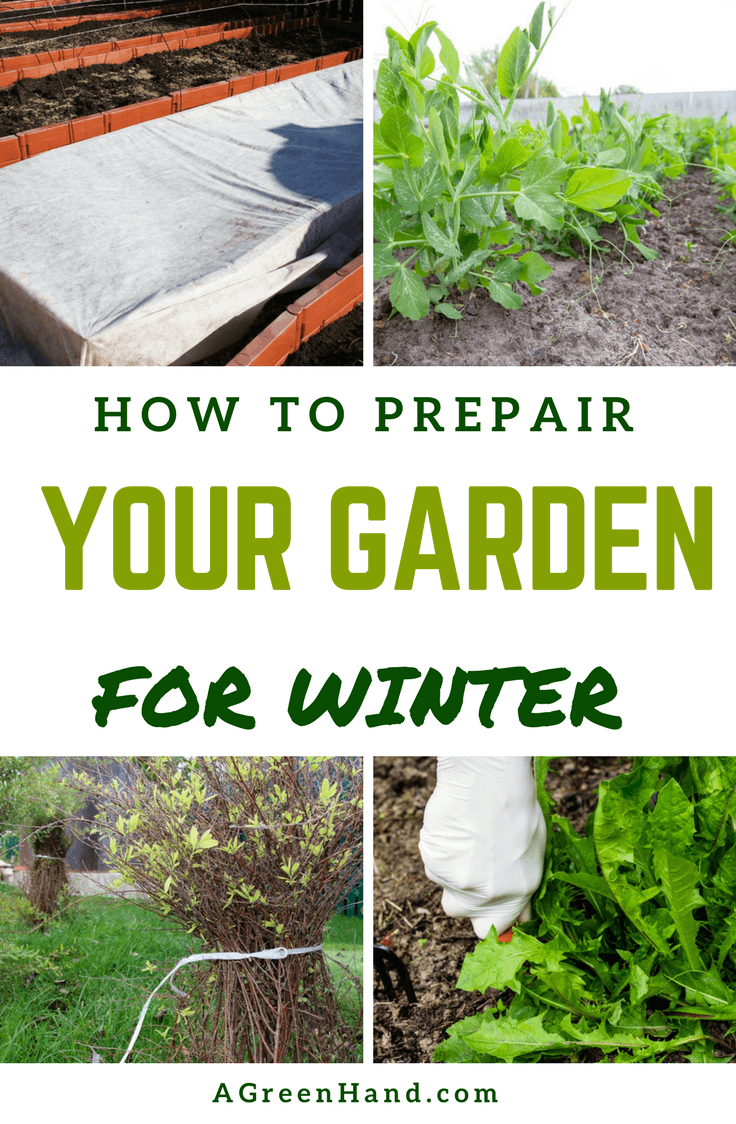You need special preparations when it comes to tending to your garden during winter. To be more specific, your garden should be prepared for the winter months in order for your plants to survive in the coldest period of the year. When it comes to preparing garden for winter, here's what you need to know.
You need to grow autumn and winter vegetables so that by spring and summer, you'd have crops to harvest. Some winter veggies are quick crops you can harvest all throughout wintertime at that. This is wise because these crops will need little to no protection from the cold and can thrive even under snow.
Things To Remember
#1. Doing Some Weather Preparation

The first thing to do at the end of autumn is to clean your garden. Dry leaves, twigs, sharp objects need to be removed. On a large lawn, a sweeper will help you do this job quickly.
While in some instances, snow protects plants, in others, they endanger them. Like mulch, a good snow cover can insulate the soil. Snow piled on evergreen branches instead of weighing them down, with the risk of breakage happening. To fix this, knock out the snow covering bottom branches first. From there, work your way upwards.
This will ensure that the winter garden weather will work to your advantage rather than your disadvantage. It's all about not adding weight to the already burdened lower branches. If you start from the top, the lower branches will bear all that weight. If the branches are bowed by ice, don't free them. Let the ice melt for the sake of gradual release.
#2. Rake Up Bad Mulch and Add Good Winter Mulch
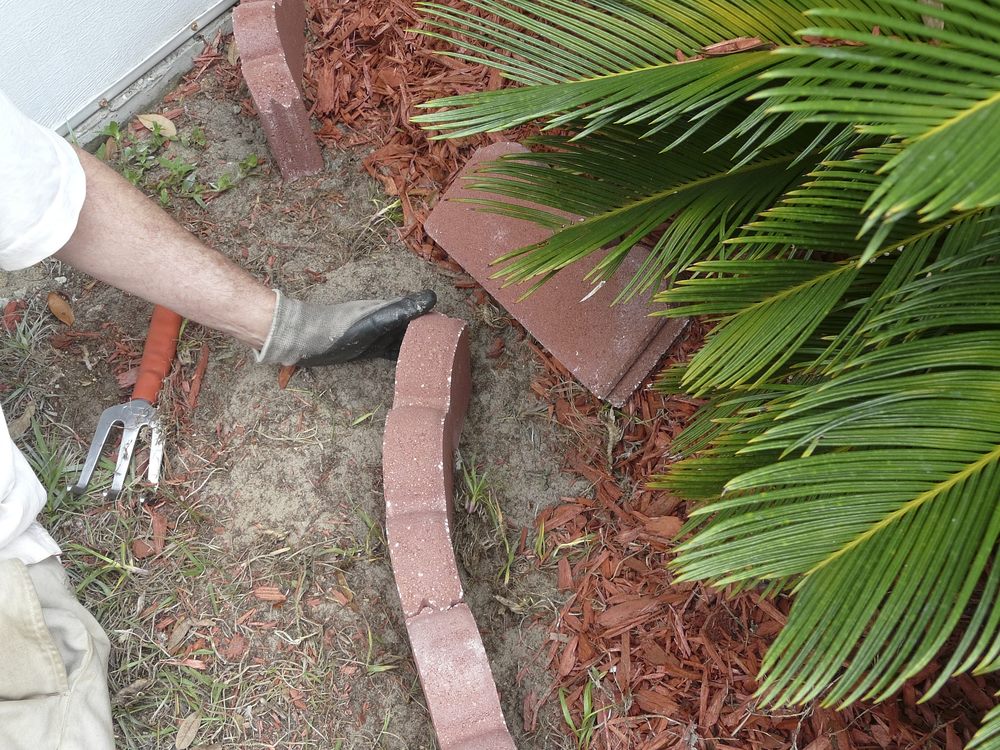
If you have old and disease-bearing mulch, rake it up and discard altogether. As for adding good winter mulch, you should wait until the ground freezes before adding a 6-inch layer of organic winter mulch material. This will prevent rodents from nesting within the soil, since they can also make use of the mulch themselves.
Good material for winter mulch (perennial) typically includes chopped leaves, pine needles, and shrub beds. You should use these as a cover to protect the soil and plant roots. The mulch also moderates the extreme temperature changes when winter freezes and thaws the surrounding plants (which can kill many of them).
#3. Plastic Covering and Planting for Winterizing

Cover only areas that have full of weeds with plastic for winter, do so on. You can leave a layer of cardboard or black plastic in place all throughout winter and spring in order to kill the weeds. Remember, mulch should be used for covering the plants protectively. Black plastic and cardboard should be used for killing weeds.
Leave turnips, radishes, parsnips, leeks, horseradishes, garlic, and carrots in your garden and harvest them throughout early winter. Use tall stakes to mark the rows so that you can locate them within thick blankets of snow. Also, remember the mulch covering technique earlier. Cover these plants with protective mulch in order to keep the ground from ending up thawed.
#4. Pulling Up Certain Plants and Pest Control
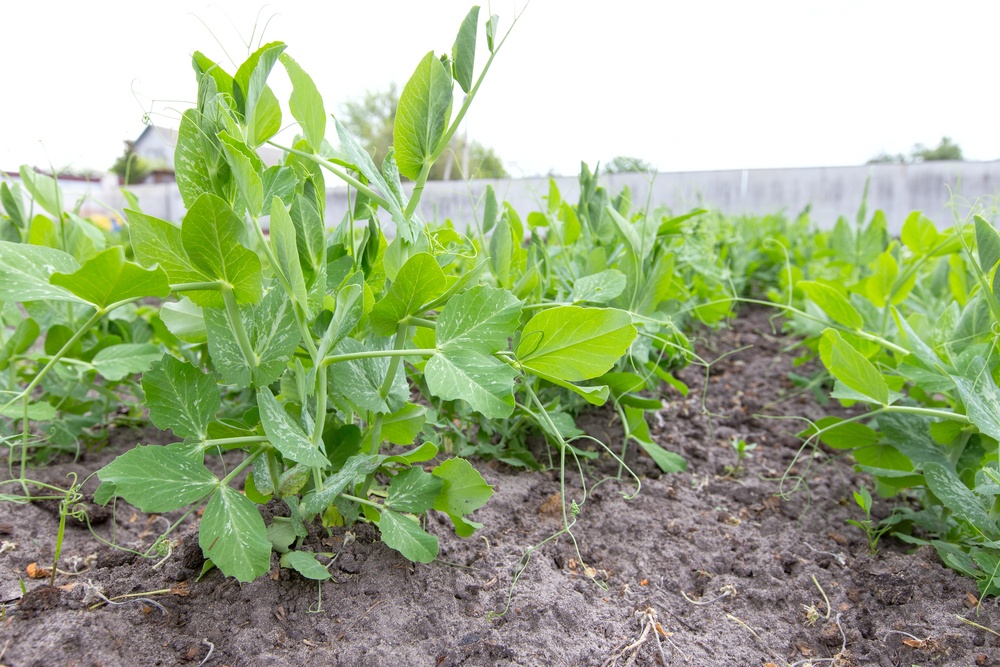
Pull up bean, pea, squash, and tomato plants. Harvest what you can and pull up the plants. If they're disease-free, you can turn them to compost. Otherwise, discard them separately or burn them altogether. This is how to prepare garden for spring planting and winterizing properly. As for weeds, pull them out of the ground before the earth becomes too solid.
Get rid of all the debris and weeds and eliminate over-wintering areas in case of disease and insects. Many people often use a propane torch weed burner to kill weeds, which can make some "stubborn" grasses such as bear grass do not grow back in the spring. Afterwards, tenderly and carefully till the soil in order to expose insects planning to over-winter (particularly Japanese beetles with grubs that live and over-winter within the soil). You will reduce your insect issues all throughout the spring and summer this way. Taking off weeds and removing pests is essential to the survival of your garden in wintertime.
#5. Add a Layer of Compost
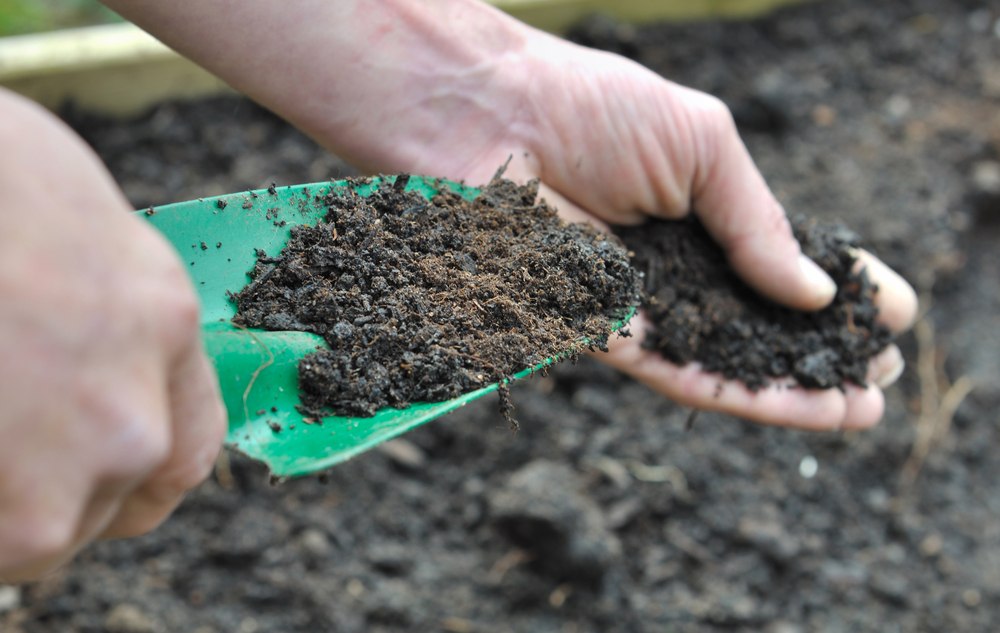
Composting is best done after most of the soil is laid bare for winterizing purposes. You might ask yourself, so should i till my garden in the fall? The answer is yes. Tilling happens after adding a layer of lime (if it's needed), manure (if you have a supply of it) leaves, and compost. It should be done gently to mix the loam with the compost layers together.
Read more a full guide about Composting In Winter
You also have the option to plant cover crops (i.e., winter rye) as well. These improve the soil quality because they bring back all sorts of nutrients to the ground, making it more fertile for future planting. The act of cover crop sowing also provides organic matter, breaks up soil compaction, blocks weeds, and prevents soil erosion or topsoil loss.
#6. Perennial Winterization
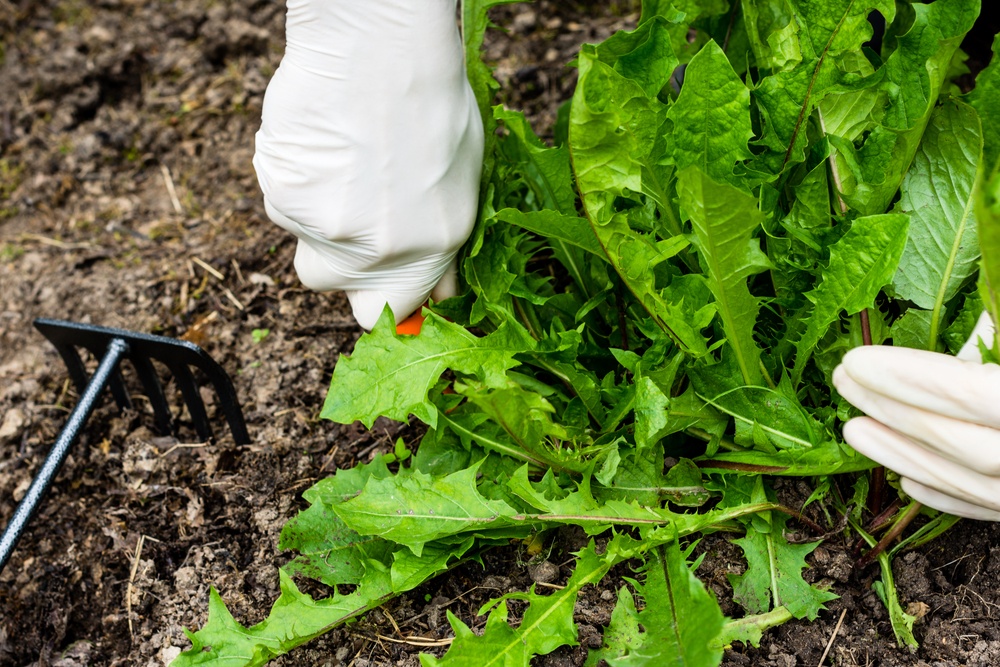
First off, cut back the perennials' dry stems after freezing happens. This will clean up the garden, then remove the insect eggs or disease spores lingering on your plants. Afterwards, leave alone the stems with good-looking seed heads. Let them be. Make an natural soil conditioner comprising all-organic with dead plant debris, which is turned into compost to winterize the vegetable garden.
A hot, active pile of compost kills disease pathogens and weed seeds. An inactive pile of compost won't be effective against either. If you have dubious plant material, just throw it into the biodegradable garbage. The junk material will leave a stench off of your loam and little else.
#7. Bulbs Preparation for Frost
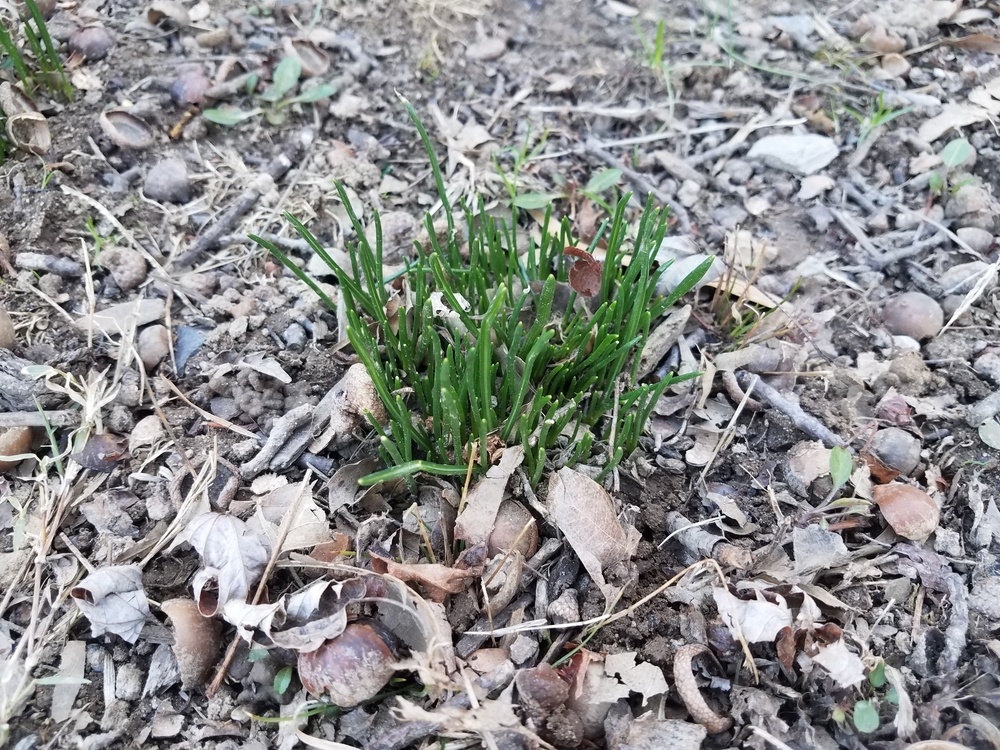
Protect the soil from cracking and shifting all throughout winter by mulching bulb beds with evergreen boughs. Or else, heave plants (especially the bulbs that are planted on shallow ground and other small plants) aboveground. This is a good method of preparing garden for next season.
Many fall and summer flowering tubers, rhizomes, corms, and bulbs will die out in a cold winter.
You'll need to be in the warmest and hardiest planting zones to get them to survive. Hardy bulbs actually require a period of coldness in order to induce blooming. However, tender bulbs cannot handle freezing temperatures, necessitating their being dug up, stored, and protected during colder climates for transplanting later on in the spring (when it's already safe).
#8. How to Prep Trees When Winter Comes
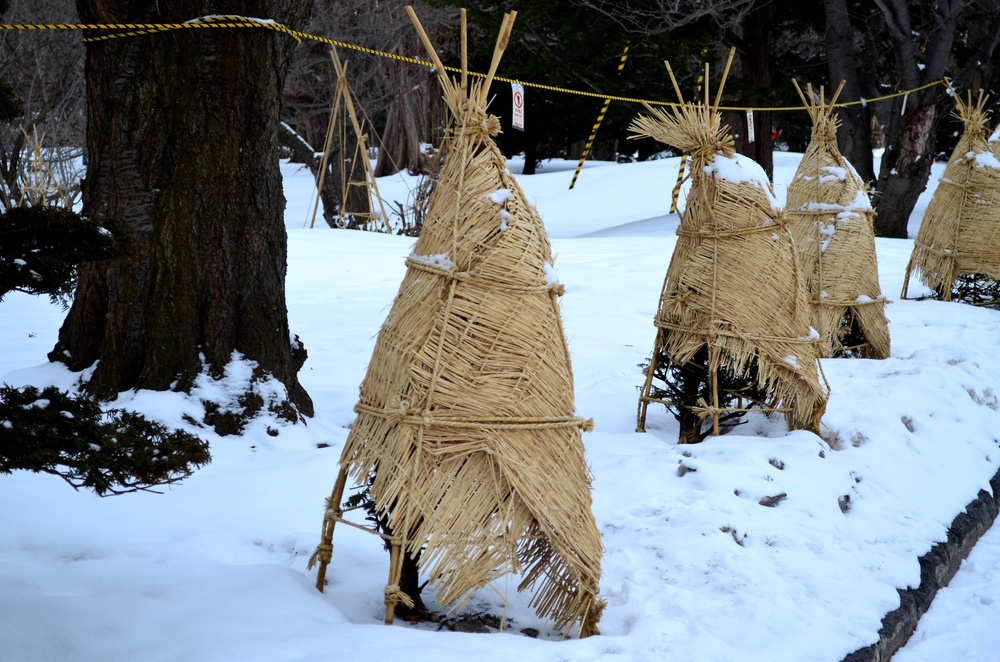
The young trees in your garden have a tender bark. Many gnawing critters will attack it to create shelter during wintertime. Safeguard them by wrapping trunks or stems with tree-guarding products or wire. Broad-leaved evergreens and other types should be screened from the desiccating winter wind and the drying sun as well.
You can do this by building shade cloth shelters or putting up screens made of burlap. Otherwise, your trees will handle the winter on their own, especially if they're fully grown. Just watch out to rake the fall leaves and you're good to go. Older trees are typically hardy enough to deal with winter the way Mother Nature intended them to be when push comes to shove.
The snow will fill around the roots after each snowfall, if you do not have the humus to keep the roots warm, then you need to clear the snow daily. You should store a small-capacity snow blower in you shed, it will make this job easier and less damaging to the surrounding soil.
#9. How to Winterize Roses
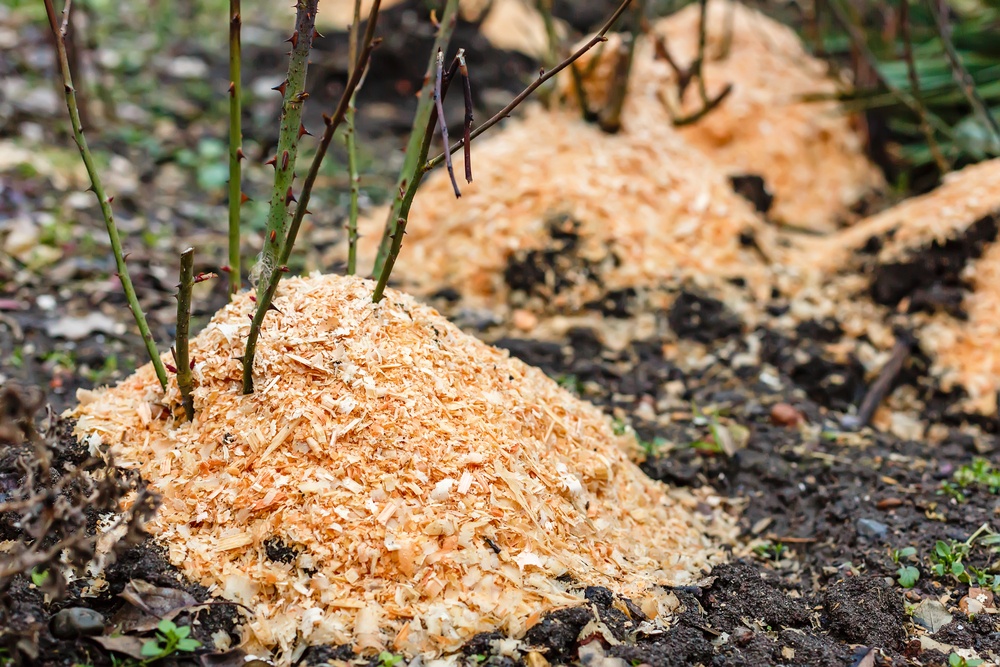
Hybrid tea roses are sensitive to cold temperatures. Prep your roses by stopping giving them fertilizer about late in summertime or 2 months prior to frost happens. Stop extensive pruning and slicing of blossoms as well. Take off aged mulch from around and under the rose bush and replace it with new mulch, since it can harbor spores from infected leaves or insect eggs.
Put your new mulch at the plant's base or bottom part before winter comes. Fill the layer with chopped leaves, shredded bark, and wood chips. Extend it as far as the branch tips. You can do this after the ground is frozen if you have rodent problems. This warms up the earth significantly and assures the roses get consistent temperature in spite of the alternating thaws and freezes of winter (as though it's a broken refrigerator or something).
#10. Plastic Sheltering for Plants
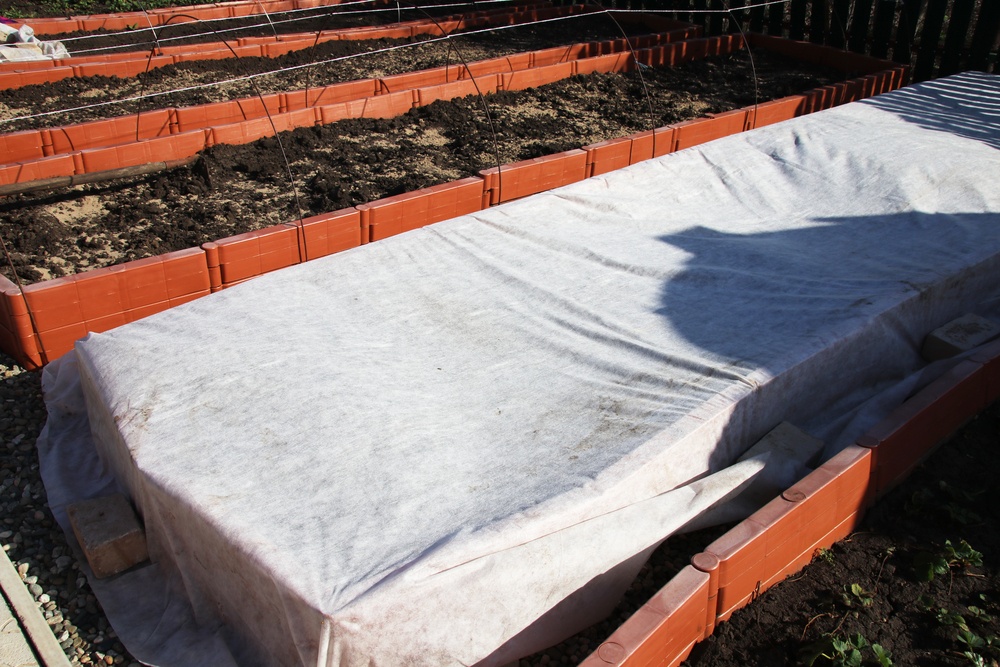
To give your plants the greenhouse experience without a real one, you can cover garden beds with plastic while preparing raised beds for winter. Over winter, your soil will be improved by the plastic protection. You can put in organic matter and manure compost over the soil to enrich and fertilize the ground throughout wintertime for good measure.
Plastic sheltering and covering have its drawbacks as well. Plastic takes a long time to break down because they're made of fossil fuels. In a season or two, they tear down but the bits of plastic sheeting will blow around your garden for years (ironically enough). It's better to invest in UV-resistant plastic because they last longer even though they're more expensive.
Conclusion
The garden itself needs to be prepped before winter to safeguard the survival of your plants and trees. Aside from either transplanting winter plants into the soil borders of an unheated greenhouse, hoop house or grown under cold frames, cloches, and polytunnels, you should consider the abovementioned winter garden preparations.
It involves prodigious amounts of mulch and compost. It is also important to know which plants to keep and which plants to harvest/store/discard/compost. Some variants probably won't survive the winter when push comes to shove. You can also take advantage of the weatherproof plastic coverings or shelters. Make good compost or plant winter cover crops on the protected soil so that by springtime, you have fertile ground to work with.
Did you like this article? Share your thoughts on the comments below!
Pin It!
